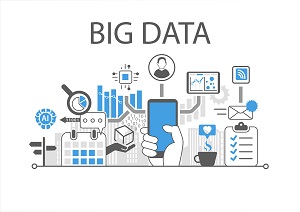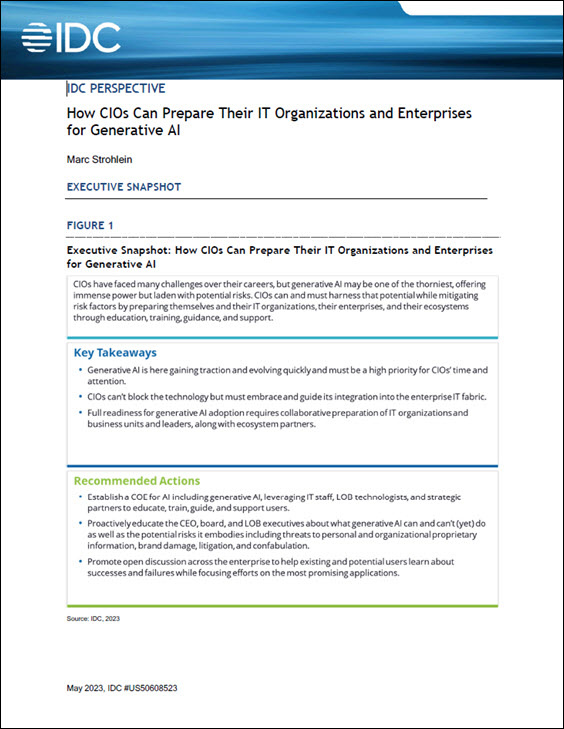Big data has transformed how businesses in various industries process and analyze information in ways that were impossible before. The technology can crunch numbers and detect trends much faster than humans could without help.
Here are five ways big data has changed employee benefits packages and the human resources (HR) professionals responsible for keeping workers informed.
1. Saving Time With Employee Benefit Selection and HR Administrative Tasks
Benefits technology packages that help employees choose the plans and options they want are becoming more popular. Some can make suggestions based on information in a worker’s profile or other details in a system. Big data often enables that process by working in the background to make the content most relevant to an individual user.
Also, big data can streamline many of the benefits-related tasks HR professionals undertake. Statistics indicate that they waste 14 hours per week due to the lack of automation. Big data could tell the HR department what stage most employees are at regarding applying for benefits. Then, if necessary, they could send automatic reminders that urge people to finish the process.
2. Helping Employers Track How or if Benefits Programs Pay Off
Big data is also crucial for allowing companies to assess the worthiness of certain benefits they give employees. For example, if a person signs up for a gym membership that a workplace offers or a program that allows them to get healthy meals at work, companies could see if that individual shows signs of better well-being.
Many businesses already do this, but workers have differing opinions about the approach. Some find it invasive when employers ask for statistics like an enrolled person’s body mass index (BMI). Others don’t mind, typically because they get incentives like cash bonuses for making health gains.
3. Giving More Insights Into Workers’ Compensation Claims
The specifics surrounding workers’ compensation vary depending on a person’s location. For example, in Pennsylvania, a person is considered totally disabled or partially disabled. If a doctor’s examination reveals they are at least 35% disabled, that constitutes total disability and results in lifetime benefits. A big data platform could help companies monitor the severity of disablement after a person files a claim.
Big data can lower medical costs associated with workers’ compensation, too. That’s significant, since statistics show those expenses account for 60% of the overall claims costs. Thanks to big data, insurance companies and the professionals that deal with workers’ compensation paperwork can drill down to see which treatments or doctors provide the best outcomes for people injured due to their jobs.
4. Informing HR Representatives of Which Benefits Employees Like or Want Most
Many HR representatives do not have a clear understanding of how employees in an organization utilize their benefits. Then, it becomes difficult for those companies to offer the most attractive perks for their workers. A big data platform can reveal what percentage of workers choose certain benefits while ignoring others.
It could also calculate how often employees request benefits the business does not offer yet. In that case, big data facilitates decision-making related to whether it’s time to revamp a program and what the effects of doing that might be.
5. Guiding the Ways Employees Utilize Their Benefits Packages
Big data is also useful for assisting employees in using their benefits as effectively as possible. Walmart is rolling out a Featured Providers aspect of its health insurance program. It recommends which doctors workers should see and is part of a personalized health care initiative offered by the retailer.
Walmart is reportedly working with a company that uses big data to quantify the performance of health care providers. It believes this system will cut down on unnecessary health costs while giving employees useful information to steer their choices.
Without this application of big data for employee benefits, workers may choose physicians randomly. They may not know ahead of time whether a particular provider is within their insurance network.
Outside of health care specifically, big data could enable systems to provide personalized content that helps workers learn about benefits that may have been previously unfamiliar to them. Such self-directed content keeps employees up to date and may mean they get questions answered without needing to engage with HR professionals directly.
A Win-Win Situation for Employee Benefits
This list highlights why big data is such a big deal for workers and companies alike. When used well, it saves money, reduces confusion and assists businesses in offering perks workers want.
About the Author

Caleb Danziger writes about big data, AI, cloud computing and the IoT. Read more from Caleb on The Byte Beat, his tech blog.
Sign up for the free insideAI News newsletter.





Big data is becoming increasingly more common across all types of businesses, so it should come as no surprise that it has an impact on employee benefits as well. This is especially true on the HR side of things, as discussed here. Ultimately, I agree that big data will help employees better manage the perks that they applied for.
I agree that big data has increased tremendously across all businesses and it’s a fact. It is also more beneficial to employees. I learned a lot here, thanks for the apt information.